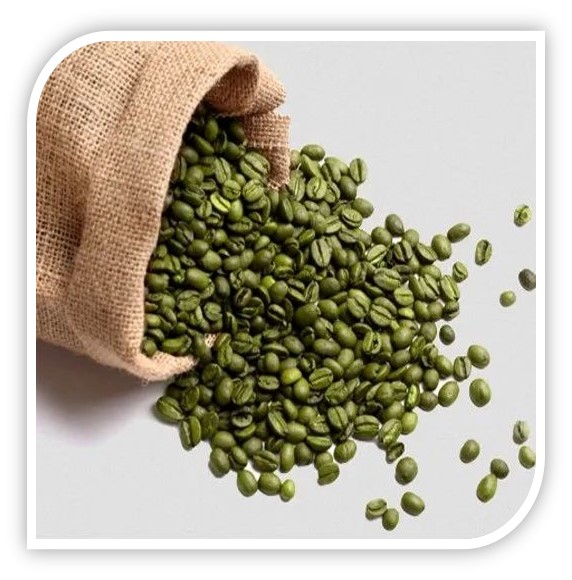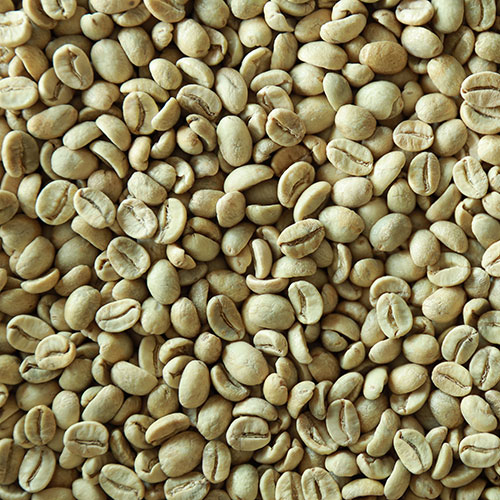Arabica Coffee Beans

Robusta Coffee Beans
Robusta coffee, a species of coffee that originates from central and western sub-Saharan Africa, is primarily grown in the region surrounding Lake Victoria. Known for their low acidity and high bitterness relative to other coffee varieties, Robusta beans are typically cultivated at lower altitudes than their Arabica counterparts, ranging between 200-800 meters above sea level.
One key advantage of Robusta coffee is its productivity, generating a higher yield per unit of land than Arabica beans, with substantially lower harvesting costs. Additionally, the Robusta plant is relatively resilient to wilts and plant diseases, making it a more reliable crop in regions where these issues may pose a threat to other coffee varieties.
However, despite its higher productivity and resilience, Robusta coffee has traditionally been less popular in global markets due to its bitterness and harsh flavor profile. Furthermore, Robusta coffee production is particularly vulnerable to the effects of climate change, with studies projecting that a 2-degree Celsius increase in temperature could significantly reduce the amount of coffee that can be grown in Uganda.
Despite these challenges, Robusta coffee remains an important crop for many farmers in the region, providing a vital source of income and employment. Moreover, through continued investment in sustainable farming practices and ongoing efforts to combat climate change, there is the potential to further improve the productivity and sustainability of Robusta coffee production in the years to come.

Additional Information
